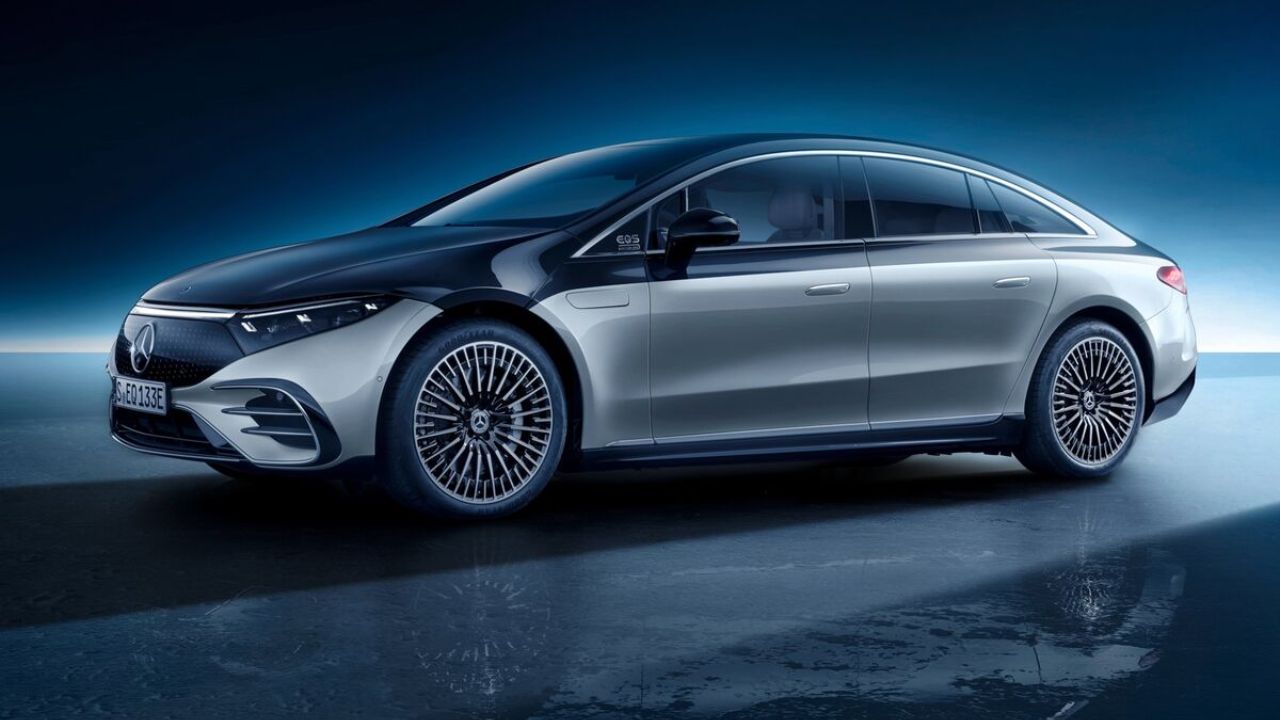Mercedes-Benz, a key player in the automotive industry, had set ambitious targets to transition into a fully electric brand by 2030. However, the company has recently announced a significant revision to its electrification strategy, scaling back its goals by half. Now, Mercedes-Benz anticipates that its electrified vehicles, including hybrids, will comprise only 50% of its lineup by the end of the decade.
Electrification Timeline
Initially, Mercedes-Benz aimed for a complete shift to electric vehicles by 2030. However, Ola Kaellenius, the CEO of Mercedes-Benz, has indicated a more pragmatic approach. He cautioned that even in Europe, where electric vehicle adoption is relatively high, sales of all-electric cars are unlikely to reach 100% by the target year.
Current Status
Presently, battery-powered vehicles represent a modest 11% of Mercedes’ total sales, with hybrids contributing an additional 8%. Combined, electrified vehicles constitute 19% of Mercedes-Benz’s sales portfolio. This indicates a significant gap between the current adoption rate and the company’s original electrification aspirations.
Future Outlook
Despite revising its electrification targets, Mercedes-Benz remains committed to innovation and sustainability. Kaellenius emphasized that the company will continue to manufacture combustion engine-powered vehicles and invest in upgrading their technology well beyond 2030. He highlighted the possibility of introducing a revamped lineup by 2027, designed to align with evolving industry standards and consumer preferences.
Navigating Forward
Mercedes-Benz’s decision reflects a balanced approach to sustainability and market dynamics. While the company remains committed to advancing electric mobility, it acknowledges the continued relevance of internal combustion engines in the foreseeable future. This strategic shift underscores Mercedes-Benz’s adaptability and responsiveness to evolving regulatory frameworks and consumer demands.
Conclusion
Mercedes-Benz’s recalibration of its 2030 EV goals underscores the complexities of transitioning to electric mobility. By adopting a more flexible timeline and embracing a diverse range of propulsion technologies, Mercedes-Benz aims to maintain its leadership position in the global automotive landscape while driving sustainable innovation.
